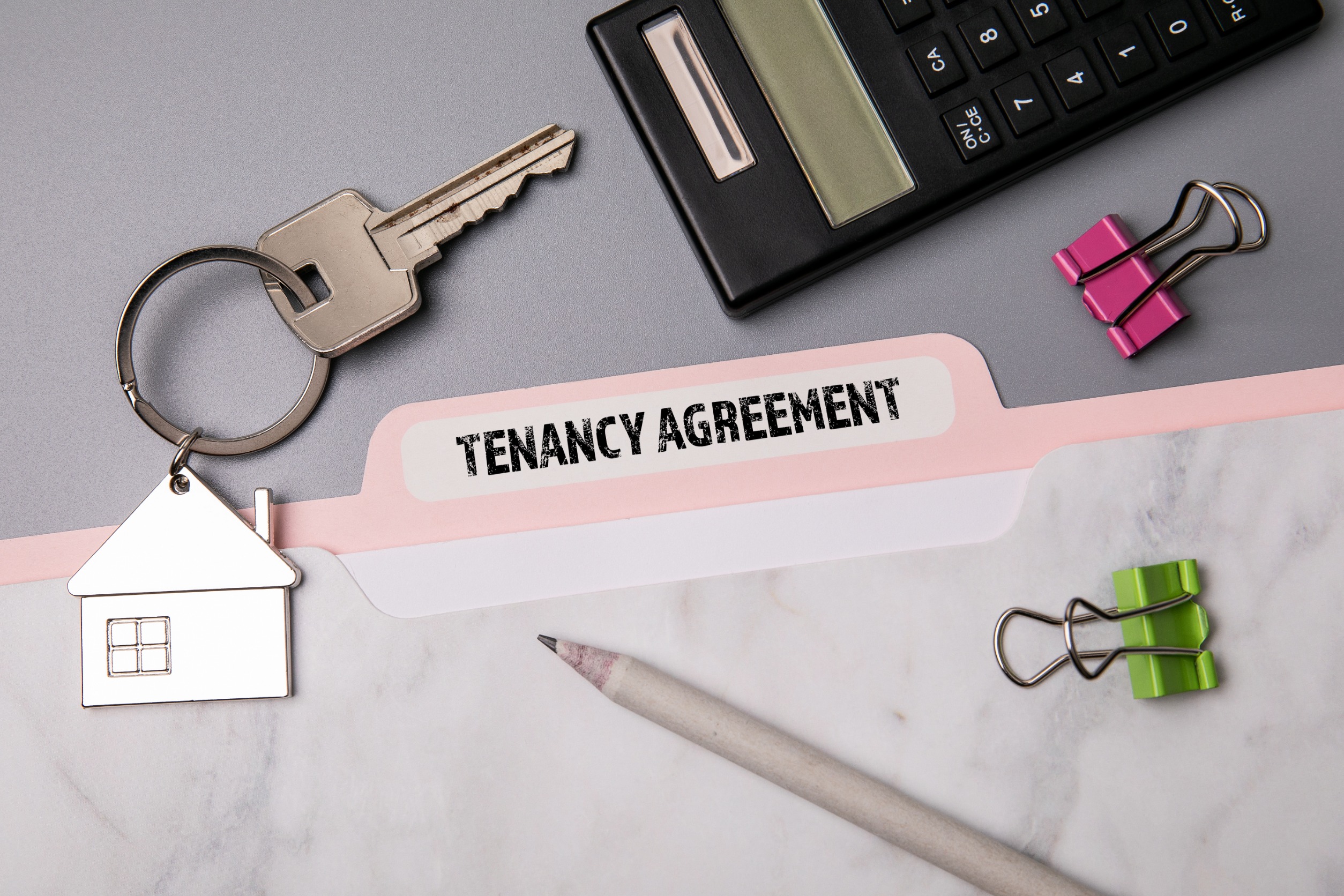
As November comes to an end, the UK property market reveals key trends that shape buying, selling, renting, and letting activities. Shifts in the economy, regional differences in house prices, and changes in rental demand are shaping the property market in Tower Hamlets. This months update looks at the key trends and insights to help you stay ahead in the market.
Market Overview
The Office for National Statistics (ONS) reported that average UK house prices increased to £293,000 in August 2024, reflecting a 2.8% annual increase from the previous year. This growth is driven by consistent demand, with regional variations: England’s average price was £310,000 (up 2.3%), Wales £223,000 (up 3.5%), and Scotland £200,000 (a notable rise of 5.4%).
Meanwhile, private rent inflation remains high, with average UK private rents rising by 8.4% in the 12 months to September 2024. Average monthly rents in England reached £1,336, with London seeing the highest growth (9.8%).
*Data from ONS October 2024 Bulletin
Navigating the Market as a Buyer
The Bank of England recently adjusted its base interest rate to 4.75%, improving mortgage affordability for many buyers. This adjustment has made mortgage rates more competitive, offering prospective homebuyers in Tower Hamlets an opportunity to access lower monthly payments and enhanced affordability compared to the peak rate levels seen in previous months. Lower interest rates can also boost buyer confidence, encouraging more first-time buyers and existing homeowners to consider entering the market or remortgaging for improved terms.
Tip for Buyers:
Securing a mortgage pre-approval before beginning to search for property in Tower Hamlets not only demonstrates your commitment to proceed but also gives you a clear understanding of your budget. This proactive approach makes you stronger in a competitive market, particularly when competing against cash buyers or those without mortgage pre-approval.
Maximising Your Sale Success
Sellers are seeing increased market activity. Recent Rightmove data indicates a 27% rise in sales agreed year-on-year, reflecting strong demand, though buyers remain price-conscious due to economic factors including cost-of-living pressures and mortgage rate fluctuations. For sellers, this means striking the right balance in pricing is critical to capturing buyer interest while remaining competitive.
Not on the market yet? City Realtor is your local estate agent in Tower Hamlets. To request a valuation please call 0207 790 7702.
Tip for Sellers:
Setting the right price for your property in Tower Hamlets is crucial for attracting serious buyers quickly. We will expertly value your home so that you achieve the price you deserve for your property. Additionally, you may wish to consider staging your home for viewings. Decluttering, making necessary repairs, and enhancing kerb appeal can all elevate buyer interest, potentially leading to faster offers at or above the asking price.
Landlord Strategies for a Changing Market
The rental market remains buoyant, with average UK rents climbing significantly over the past year, driven by strong demand and limited supply in many regions. Rising rental costs have made it increasingly competitive for tenants, especially in high-demand areas such as Tower Hamlets. However, landlords need to be mindful of policy changes, such as the 2% increase in Stamp Duty Land Tax on additional properties. This adjustment may affect long-term investment strategies, potentially prompting a reassessment of portfolio growth, returns, and the viability of new property acquisitions.
Landlords: We can take control of all moving parts and liaise with the appropriate parties to make the letting process as smooth as possible. Our team of experienced managers will complete every step in preparing your property for let. Contact us here.
Tip for Landlords:
Understanding compliance and legislative changes is critical for maximising rental yield in Tower Hamlets. Regularly review your rental portfolio with a property tax advisor to assess the implications on tax relief, deductions, or changes in tenant rights. Consider investing in energy efficiency improvements, as government incentives and tenant demand for greener homes may lead to longer tenancies and reduced void periods. Communication with tenants about their expectations and maintenance needs can also build stronger relationships, minimising costly turnover.
Securing Your Next Home as a Renter
Renters face a highly competitive market, characterised by strong demand for available properties and rapidly shifting rental prices. The government is working to make housing more affordable by expanding social housing options and giving tenants more rights, aiming to ease the pressure on renters struggling with rising costs. However, while these measures offer hope, the market remains difficult for many renters, particularly in high-demand areas where supply remains constrained.
Tip for Renters:
Begin your search for rental properties in Tower Hamlets well in advance to increase your chances of finding a suitable home. Ensure you have necessary documents, such as identification, proof of income, and references, ready prepared for quick submission. A solid credit score and positive rental history can give you an advantage over other applicants. If negotiating with landlords, emphasise your stability and reliability to potentially secure more favourable lease terms.
Oldest, Largest, Smallest!
Did you know that the UK’s oldest surviving house is over 11,000 years old and located at Star Carr in North Yorkshire? The dwelling offers insight into Britain’s early settlement patterns, illustrating how the evolution of housing has shaped today’s market landscape.
From the oldest to the largest! The UK’s biggest private residence, Wentworth Woodhouse in South Yorkshire has over 300 rooms and spans 250,000 square feet. Its grand Baroque and Palladian architecture is an incredible example of Britain’s rich historical legacy and reflects how luxury and scale remain a unique part of the property market.
In stark contrast, one of the UK’s smallest detached houses, at just 290 square feet, was recently marketed for £1.2million in Chelsea, West London, which highlights the creativity and premium pricing often found in high-demand urban areas.
Looking Ahead
The UK property market is expected to remain stable as 2024 closes, with potential growth of 2.5% to 4% predicted over the next two years. Economic shifts, interest rate adjustments, and evolving housing policies will continue to shape market trends.
What Next?
City Realtor brings you all the latest property market news each month. For more localised property news in Tower Hamlets, please contact the team at City Realtor on 0207 790 7702 or admin@cityrealtor.co.uk.
Do you require a valuation or no-obligation advice on buying or selling a home in Tower Hamlets? Please contact our expert property team at City Realtor on 0207 790 7702 or email us at admin@cityrealtor.co.uk, and we will be delighted to help you.
Don’t forget to follow us on our socials for updates and new listings!
Follow us on Facebook, connect with us on X, join us on Instagram, find us on TikTok, see us on LinkedIn, watch our YouTube Videos!
Good luck if you are buying a home, or considering putting your property in Tower Hamlets on the market. We’ve answered your FAQ’s here.
Note: The information in this article is based on data as of November 2024 and may change. Always seek professional advice for specific circumstances.











